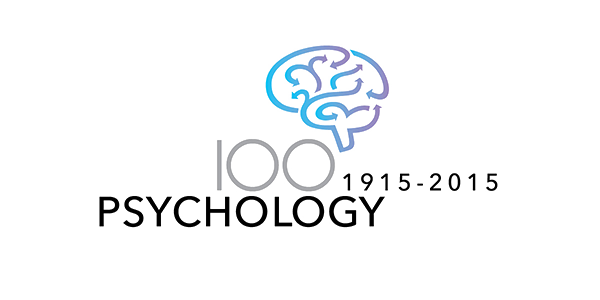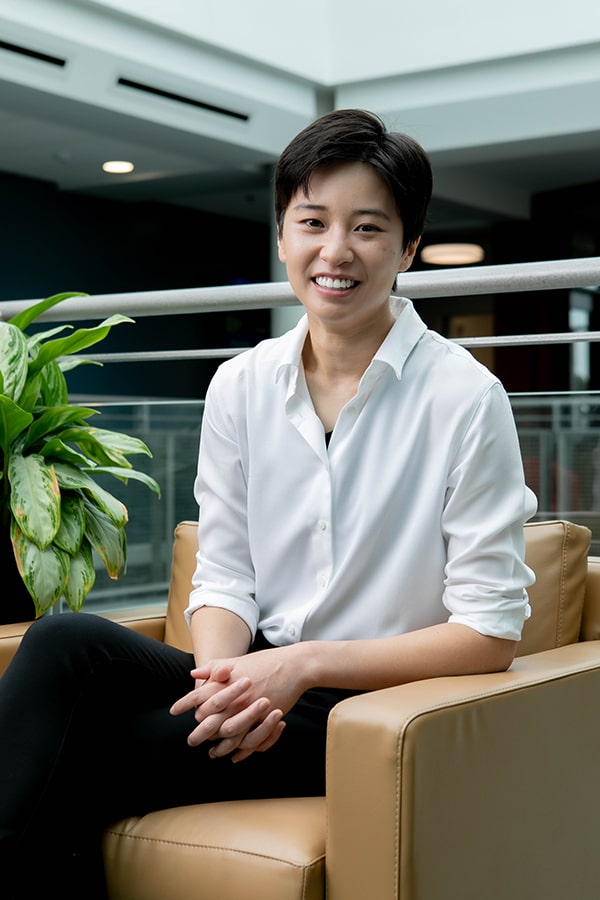Faculty Spotlight: Phoebe Lam
By Stacy Kish
Phoebe Lam, assistant professor in the Department of Psychology, focuses her research on how stress affects inflammation, which can manifest in a series of illnesses that have negative health consequences.
Tell me about your scholarly work.
Stress is inevitable. We all experience it. However, if stress is severe or chronic, it can impact our physical health, increasing risk for diseases, like heart disease, respiratory disease and some cancer. Of note, some of these diseases are leading causes of death, thus understanding how stress gets under the skin to impact biology and finding ways to mitigate stress’ impacts can help address public health issues.
Our work has targeted inflammation as an underlying biological mechanism as it is both sensitive to stress and predictive of diseases. Inflammation is the body’s natural response to threat and injury, so it is crucial for survival. However, if inflammation is not well-regulated and lingers in the body, it can be bad for your health. We look at how stress may calibrate how immune cells react to challenges in ways that may confer diseases and how social support can buffer the negative impacts of stress.
How is your scholarly work adding to the greater field?
Many health psychologists look at inflammation. We add to this work by taking a life course approach and ask questions like how does the timing of stress – childhood vs. adulthood – register in the body? Or does stress-buffering occur only if protective factors are presented at certain developmental stages? This approach advances us from a static understanding to a more dynamic understanding of the relationships among stress, protective factors, and health. Ultimately, this approach may help us develop more developmentally sensitive interventions.
How did you become interested in this topic?
I am drawn to the idea of time. Time is transitory and operates on different units. Things that happen on a day-to-day or moment-to-moment basis can accumulate to have long-term impacts on our lives. This means that when you collect the data, it is not as static as it seems. You have to think about it as representing the present, the past and the future. This directly relates to our work on stress – stress that may have affected a person in their past is expressing itself during a health visit in the present and could manifest into an illness in the future.
What are you most excited to accomplish as a faculty member at CMU?
Studying how the relationship between stress and disease risk change across the life course requires a huge sample of data with information that spans from infants to older adults. This is hard to get and resource intensive. However, there are publicly available datasets of different age groups, and we can use relatively newer statistical methods, called integrative data analysis, to pool together these datasets. Integrated data analysis is a fancy way of “squishing” multiple datasets together and can be used to create a mega-sample of individuals that spans a lifespan, from infants to adults. The goal is to make life course data more accessible for all researchers.
What are your goals for the next generation of scholars?
There was a time I tried to shape myself to fit into academia, but my mentors allowed me to be true to myself. I want to do the same for students. I hope to cultivate a non-judgmental space so that they can be their genuine selves and bring their identities and perspectives to their work, if they wish. I also hope to facilitate more collaborations among students. There are generally more collaborations at the faculty level but less at student level. Yet, student collaborations can stimulate new perspectives and skill sharing.
The Faculty Spotlight series features new and junior faculty at the Dietrich College of Humanities and Social Sciences at Carnegie Mellon University. Stay tuned for our next installment to learn more about the dynamic and engaging research and scholarly work being conducted in the college.

